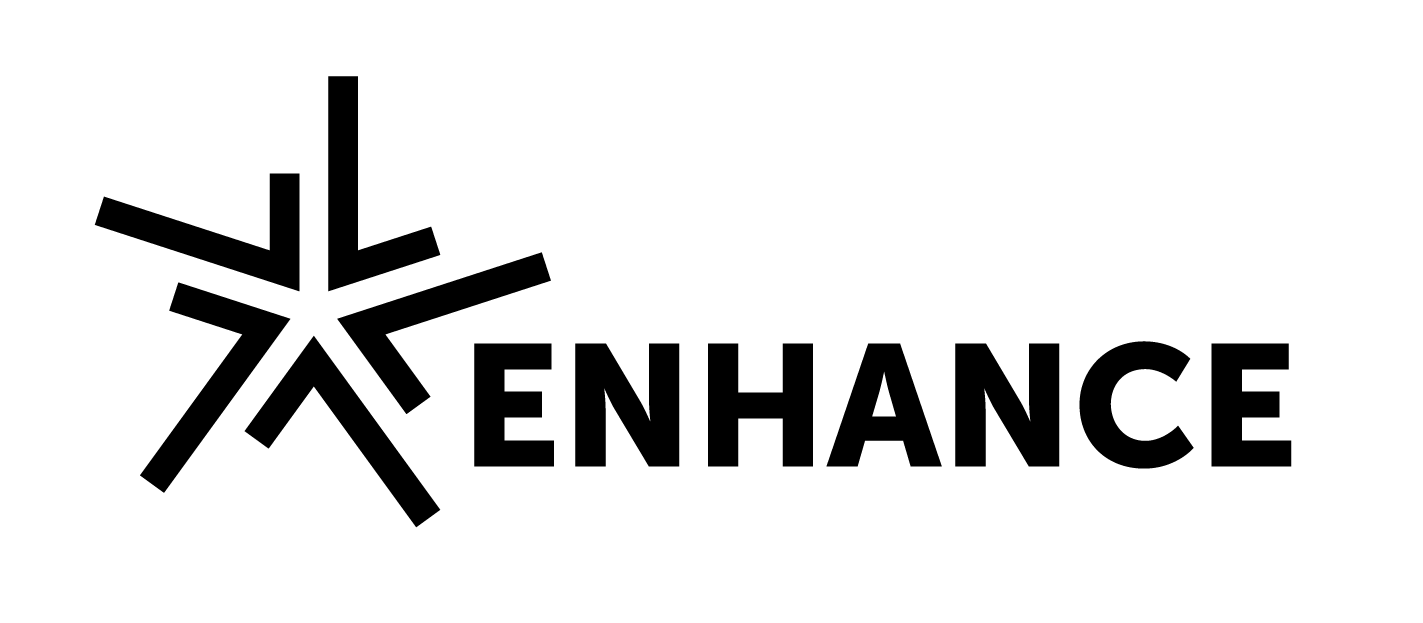Hybrid course and summer school on Critical Sustainability at TU Berlin open for the ENHANCE partner universities
TU Berlin offers a hybrid course on Critical Sustainability with 8 online meetings on Zoom from 18 April to 11 May on Tuesdays and Thursdays (14:00 to 16:00), followed by a summer school from 17 to 21 July on TU Berlin’s campus. The course will be in English, and most participants will not be native speakers, so the experience can also help improve one’s level of English. Everyone is welcome to participate in this course which will be highly interactive. Except for being motivated to take part in the exchanges, there are no prerequisites for this offer which is also free of charge. Students from the seven ENHANCE partner universities, minus the host TUB, and the three new member universities which participated in the joint proposal ENHANCE + can even apply for a travel stipend by filling out this application form before 30 March.
One key word: interactivity
With this hybrid course, the students will have the chance to broaden their understanding of sustainability by participating in activities of various formats and genres. They will be asked to work individually but also in groups, to build the researched group dynamic. Interactivity is at the heart of this experience, in which the participants will reflect and analyse the reciprocal relations between technology, individuals, nature, society, and democracy. Their work and their exchanges will give them the basis they need to contribute to a socio-ecological transformation of society.
The objective is for the participants to reach some very interesting learning outcomes like the democratisation of the reciprocal relations mentioned above. They will acquire the competence to unveil the complex interdependency of their social, political, ecological, and economic surroundings without forgetting the different values, interests, and needs that can be found in a larger and more global perspective. Through the importance of exchange and the high level of participation and interaction that will be demanded, the course expects to encourage democratic decision-making not only to solve but also to define problems within the course itself. This process will teach the participants how to move these shared decision-making competences outside of the classroom.
A topic going further than technology
Only a few lectures are planned through this course that will rely on interactivity and participation. To help participants keep their motivation on these points, they will also deal with artistic positions and practice artistic actions in the scope of their subject. For instance, they will do performances and integrate these practices in their intervention research project, because Critical Sustainability is not only about technology- and nature-related topics but also about merging arts and science.
Power relations and society-nature relations are an important part of the concept of Critical Sustainability, together with political ecology. This course will use the Critical Theory and theories of radical democracy as its theoretical foundation, and it will cover the area of critical pedagogy and pedagogies of democracy. The accent will be put on the interdisciplinary and artistic perspectives, but the participants will also be asked to conduct an intervention research project focused on contributing to the democratisation of society and its social-ecological transformation.
Personal and academical outcomes useful for the future
These various formats of exchanges and activities have a common goal which is giving the participants the skills and knowledge they will need to analyse their own positions and conditions in society to be able to reflect on how they want to co-design our societies. Going further than just the duration of this course, the participants will then continue their everyday activities knowing what Critical Sustainability is and how they can deal with it and work on it.
To participate in this hybrid course, no need to apply directly to one of the partner universities, attending the first online meeting counts as a registration. The link will be published on the dedicated page on TU Berlin’s website, and it is possible to ask for a reminder by email on the same page. This course counts as 6 ECTS and can be added to a student’s curriculum as an elective course, even maybe a compulsory elective, depending on each university, thanks to a performance record. More details can be found directly on TU Berlin’s website.



